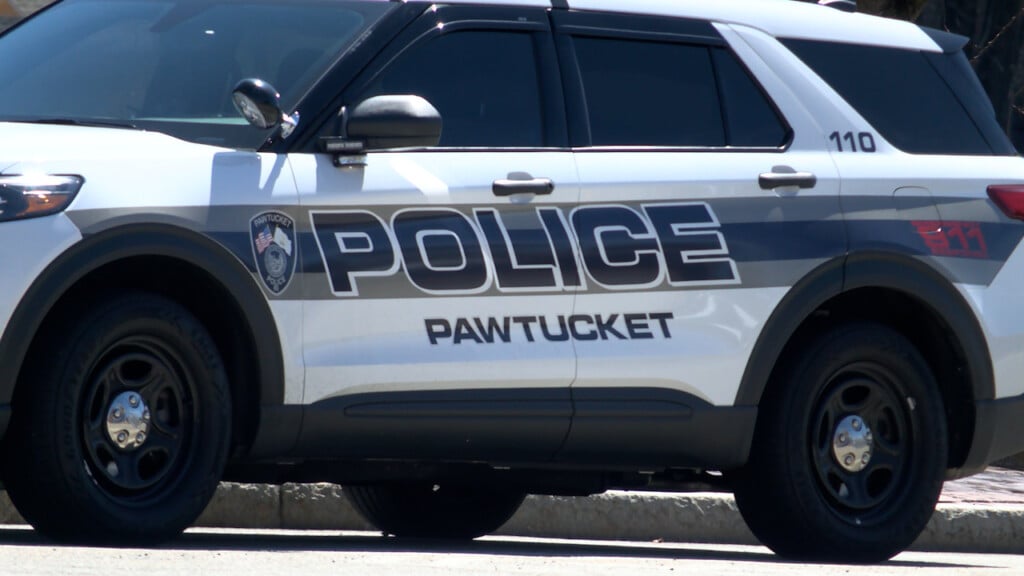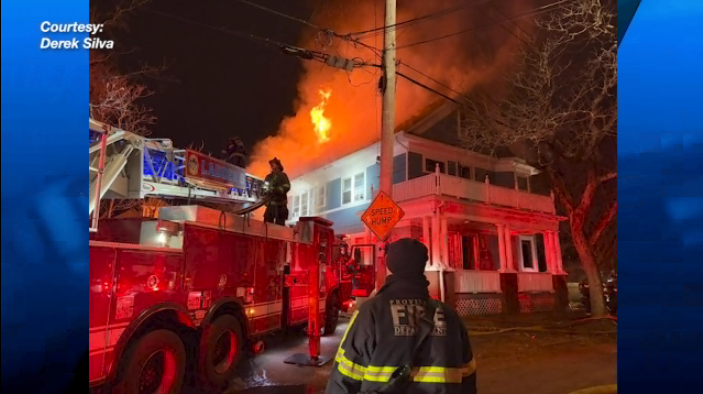Dispute over short-term rental housing restrictions in Narragansett continues
NARRAGANSETT, R.I. (WLNE) — Narragansett’s town council has continued to push an ordinance against short-term rental housing.
“They’ve really been the architects for a couple of local, very vocal resident groups,” George Nonis said. “And those resident groups have said their agenda is residents-only.”
Nonis, president of Narragansett 2100, a nonprofit organization supporting rental property owners, thinks the residents-only agenda of the council is detrimental to the community.
“We’ve calculated that with the permitting going down in year two of 200 homes equates to about $3 million annually for lost income to local businesses,” he said.
Narragansett Town Council President Ewa Dzwierzynski shared the following statement on the ordinance:
“The town went to great lengths to ensure a legally sound short-term rental ordinance, working with outside legal counsel, the town solicitor, and a third-party expert specializing in short-term rental ordinances to develop the ordinance.
The impact of the local short-term rental trend is contributing to housing unaffordability and the town is losing housing stock for year-round families from conversion of single-family homes to rentals leading to less year-round residents. Currently the town has 1,100 short-term rentals, the highest in the state by far, and the consumption and monetizing of homes for rentals continues.
The intent for regulating short-term rentals is to create balance among residents, vacationers, students, and seasonal renters., increase the quality of life for everyone, build community, and increase full-time year-round residents, and increase housing affordability by limiting the number of short-term rentals. Unlike some towns in the state, country, and abroad that have passed laws banning short-term rentals outright, the town of Narragansett is looking to bring balance to the community.”
“I would like families in Narragansett as well,” Nonis said. “But the way to do it is not by having restrictive ordinances. The economy depends so much on both students and tourists as well.”
A court hearing resulted in a stay, pushing the ruling to mid-September.
Nonis said Narragansett 2100’s legal team will continue its fight to stop the implementation of the restrictions.



